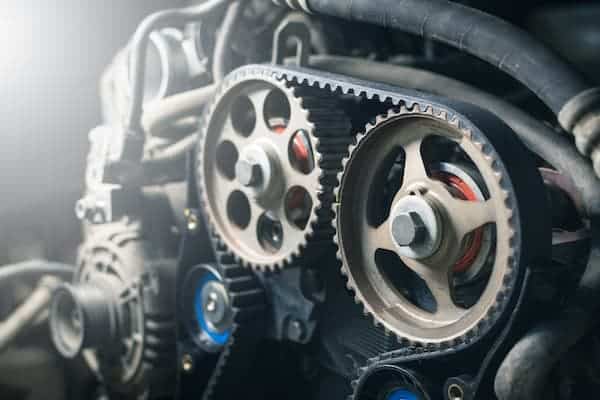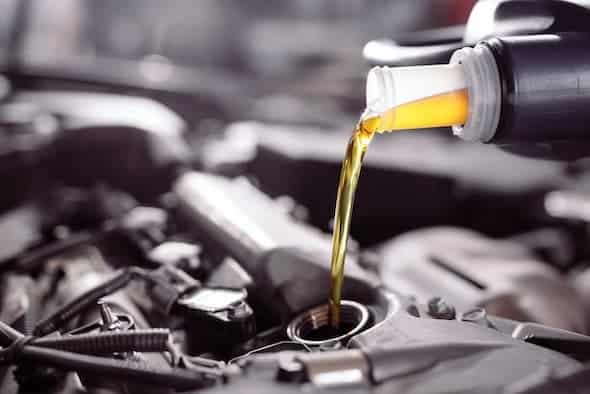The timing belt, a critical component of your car’s engine, plays a pivotal role in ensuring the smooth operation of your vehicle. This belt, often overlooked, is fundamental in synchronizing the rotation of the crankshaft and the camshaft. This synchronization is crucial for the engine’s valves to open and close at the appropriate times during each cylinder’s intake and exhaust strokes.
Table of Contents
ToggleHow Does a Timing Belt Impact Your Car’s Performance
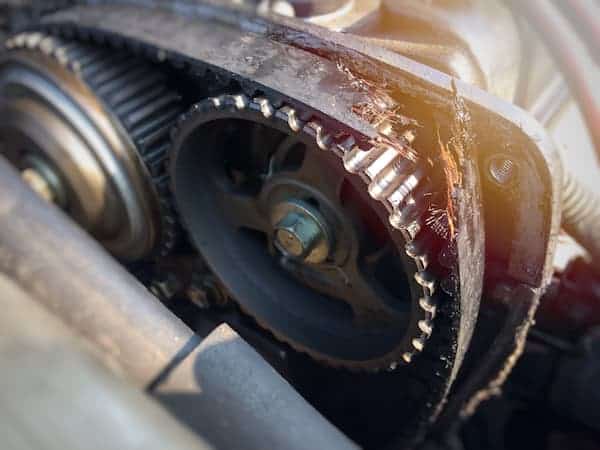
The timing belt’s primary function is to keep the engine running smoothly. It ensures that the valves of the engine open and close in sync with the pistons. If the timing belt fails, the engine will stop, leading to a breakdown. In some cases, a broken timing belt can cause severe engine damage, especially in interference engines where the clearance between the pistons and valves is minimal.
The Importance of Timing Belt Maintenance
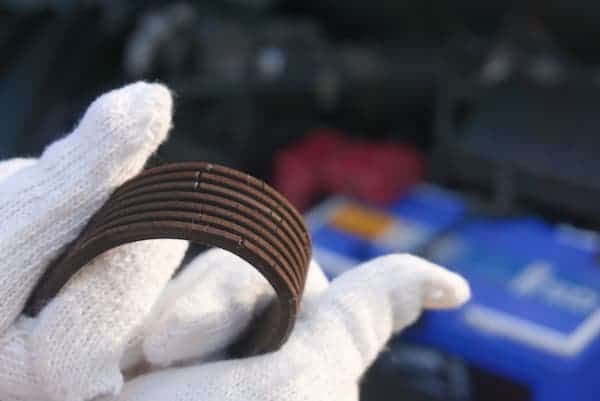
Regular maintenance of the timing belt is vital. bad timing belt can snap without warning, leading to engine failure and potentially expensive repairs. It’s recommended to follow your vehicle manufacturer’s guidelines on timing belt replacement intervals. This proactive approach is part of basic car maintenance and is essential in extending the life of your car.
Timing Belt and Its Relation to Other Car Components
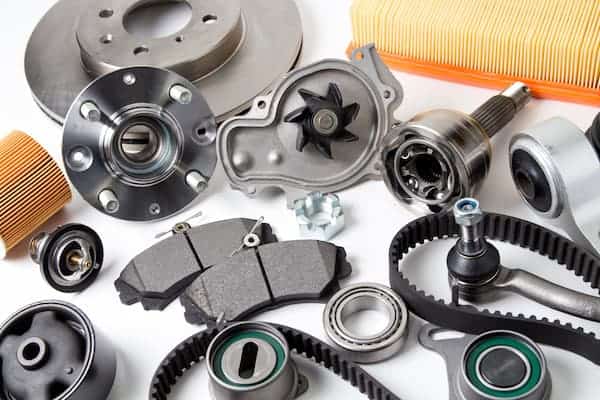
The timing belt’s health is often indicative of the overall condition of the car. A well-maintained timing belt is usually found in a vehicle that receives regular maintenance. This includes checks and services outlined in basic car maintenance. Additionally, a failing timing belt can sometimes be misdiagnosed as bad car alternator symptoms, highlighting the interconnected nature of car components.
Conclusion
the timing belt is a fundamental component in your car, integral to the engine’s operation and overall vehicle performance. Its role in synchronizing the engine’s valves and pistons cannot be overstated. Regular maintenance and timely replacement of the timing belt are crucial in preventing engine failure and ensuring the longevity of your car. Understanding its function and the signs of wear can save you from costly repairs and keep your vehicle running smoothly. Remember, the health of your timing belt is a reflection of your car’s overall condition, emphasizing the importance of comprehensive car maintenance. By staying informed and proactive, you can ensure that your vehicle remains reliable and efficient for years to come.

